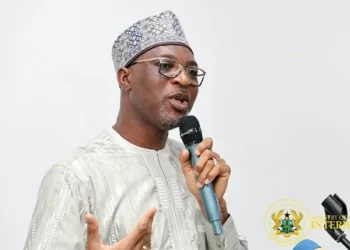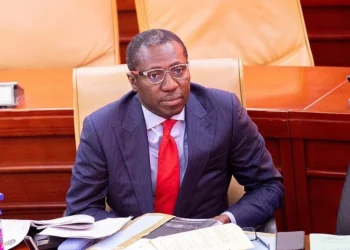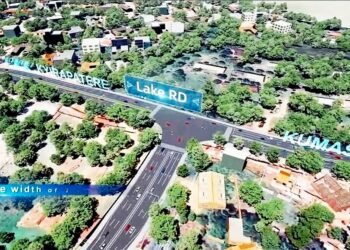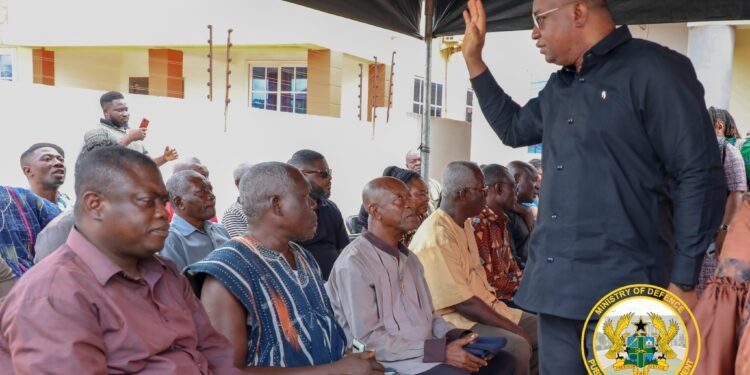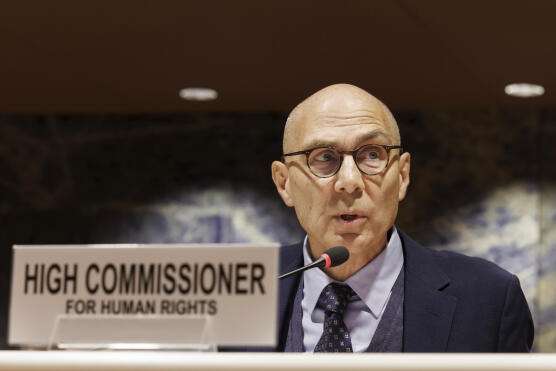The Minority Leader, Hon. Alexander Afenyo-Markin, has intensified scrutiny of the government’s 24-Hour Economy pledge, using the aftermath of the 2026 Budget presentation to question what has become of the jobs promised to young people.
His remarks followed the 2026 Budget Statement laid before Parliament by Finance Minister Dr. Cassiel Ato Forson, a document the Minority argued failed to address the concerns of unemployed youth and Parliament’s own operational needs.
Afenyo-Markin told Parliament that young people remain unconvinced by the government’s performance, insisting that the administration has failed to demonstrate any progress on the 24-Hour Economy initiative.
“You said 24-hour economy, the youth are asking where the jobs are. You didn’t even mention the 24-hour economy in the budget. The 1 Job, 3 shift idea, where is it?”
Hon. Alexander Afenyo-Markin, Minority Leader
His comments reflected what he described as mounting pressure from young Ghanaians who are demanding immediate clarity rather than new promises. The Minority Leader also criticised the budget for what he called an inadequate allocation to Parliament itself.
According to him, Parliament’s oversight work cannot be carried out effectively if the House is financially neglected, arguing that the Finance Minister, who is a Member of Parliament, should have known better.
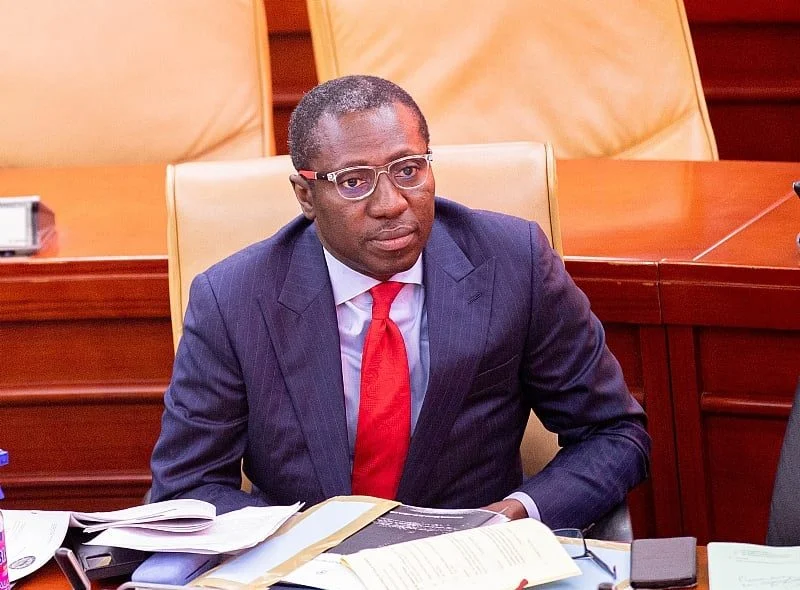
“The minister has failed to consider the work of parliament; he provides a paltry sum to parliament when parliament is the only body that does oversight,” he said – his remarks signalling growing tensions between the Executive and the Legislature over budgetary priorities.
Hon. Afenyo-Markin pushed further by alleging that the budget failed to account for funds reportedly distributed to National Democratic Congress constituencies by the Presidency. He argued that the 2026 Budget avoided addressing what he described as a revenue transparency concern.
“In the 2025 budget that he brought to this house, we had director of operations at the Jubilee House who publicly said every month the presidency gives GHS 20,000 to each constituency, totalling 66 million, where did they get that money from?”
Hon. Alexander Afenyo-Markin, Minority Leader
His concerns, he said, were rooted in ongoing questions about how the Executive manages political financing and whether public funds are involved, adding that “time will tell” how these matters are eventually explained. He however emphasised that the Finance Minister must show accountability to Parliament.
Debate Over VAT Reforms
Beyond the Minority’s Leader’s concerns, the government’s reforms also drew criticism from Nhyiaeso MP Dr. Stephen Amoah, who argued that the administration’s VAT restructuring may endanger economic recovery.

The Ministry of Finance had announced the removal of the COVID-19 levy, the decoupled GETFund and NHIS levy, and VAT on reconnaissance and mineral prospecting. But Dr. Amoah described these changes as fiscally risky.
He warned that Ghana was already running what he called a “negative effective tax rate economy,” expressing concern that the government was prioritising applause over prudent decision-making.
“If because of political capital, you start withdrawing and reducing taxes for people to say ‘hey,’ not thinking about the stability and resilience of our economy – is that how you manage an economy?”
Dr. Stephen Amoah, Nhyiaeso MP
He argued that the reforms could push the country backwards, insisting that economic management must be grounded in long-term sustainability rather than popularity. Dr. Amoah reinforced his position by explaining the implications of persistent deficits.
He maintained that Ghana needed a stronger revenue strategy to complement spending plans.
Government’s Economic Direction for 2026
For his part, Finance Minister Dr. Cassiel Ato Forson presented what he described as a clear economic direction for the coming financial year, outlining four macroeconomic targets for the 2026 fiscal year and beyond.
The Minister stated that these goals were to preserve macroeconomic stability, sustain debt sustainability, sustain growth, and deliver prosperity that every Ghanaian can feel part of. He added in an in-text quote that the 2026 budget was “about transforming the current stability into long-term prosperity.”

The government maintained that its reform agenda would support resilience and competitiveness, aligning with President John Dramani Mahama’s broader vision for economic transformation.
With Parliament expected to dissect the 2026 Budget in the coming weeks, the clash between the Minority’s concerns about job creation, funding transparency, and institutional fairness, and the government’s commitment to macroeconomic reform, is likely to intensify.
As the country prepares for another year under President Mahama’s administration, the competing narratives over economic direction continue to define Ghana’s fiscal conversation.
READ ALSO: US Launches Operation Southern Spear To Target “Narco-terrorists”




